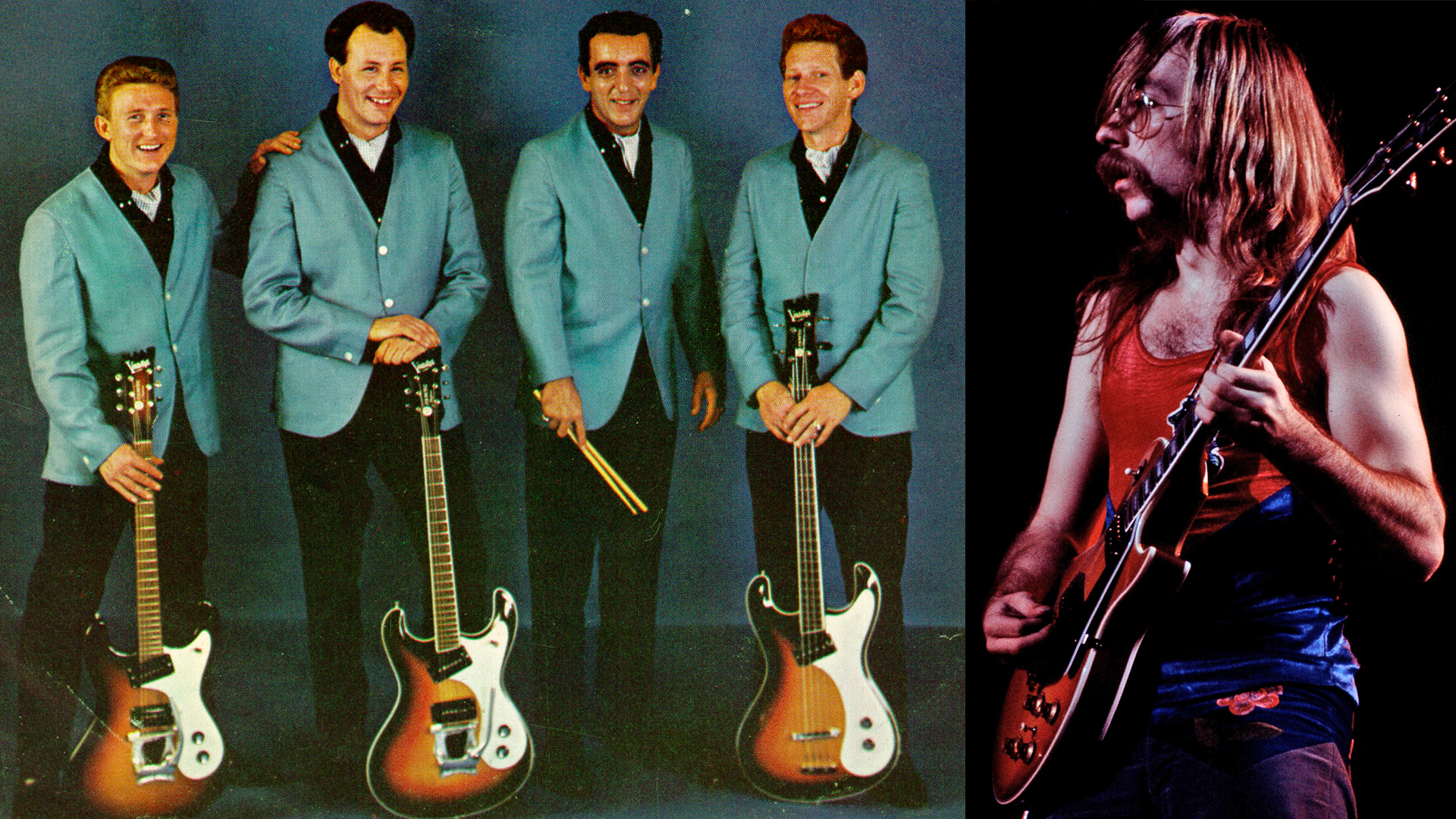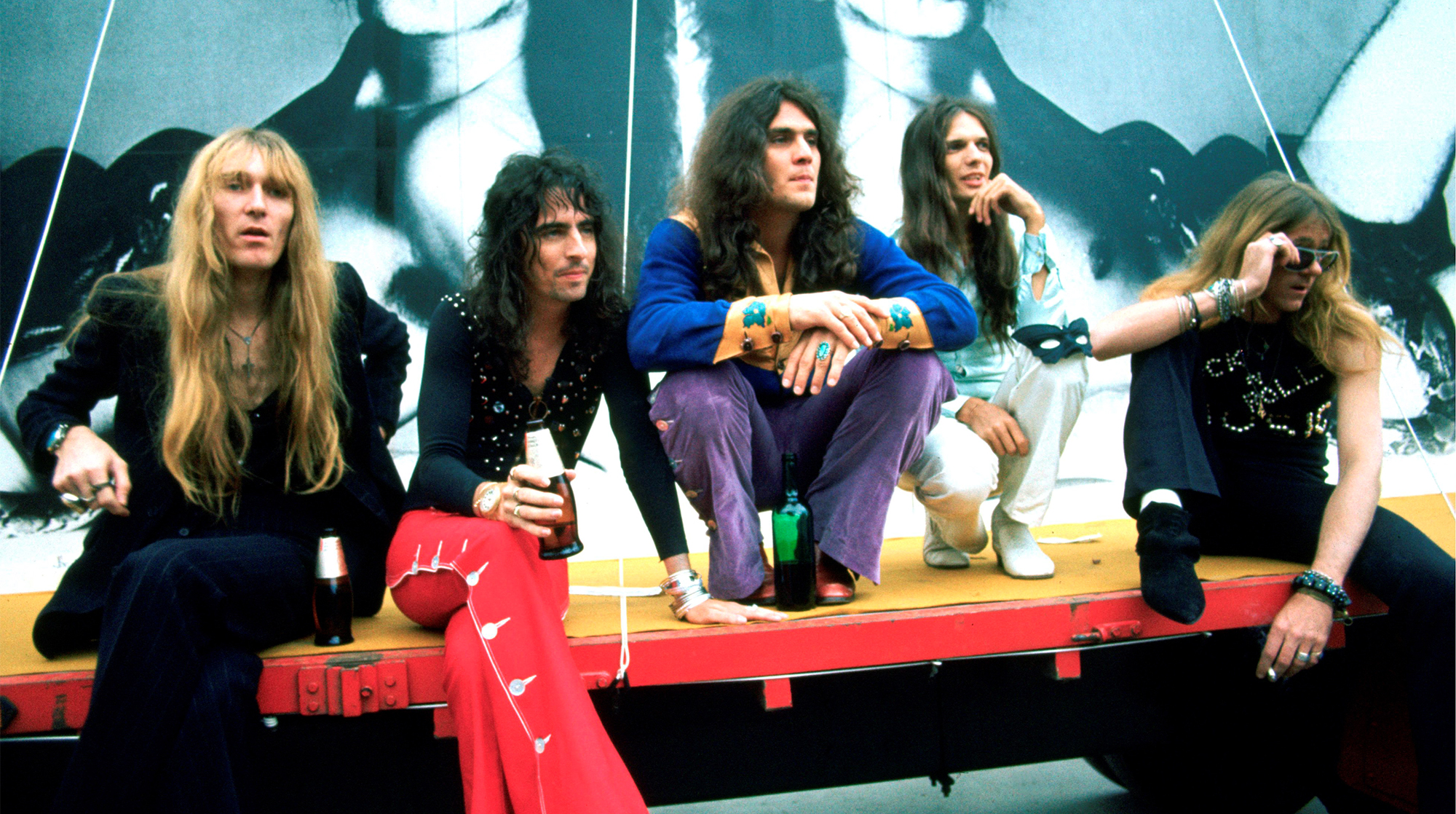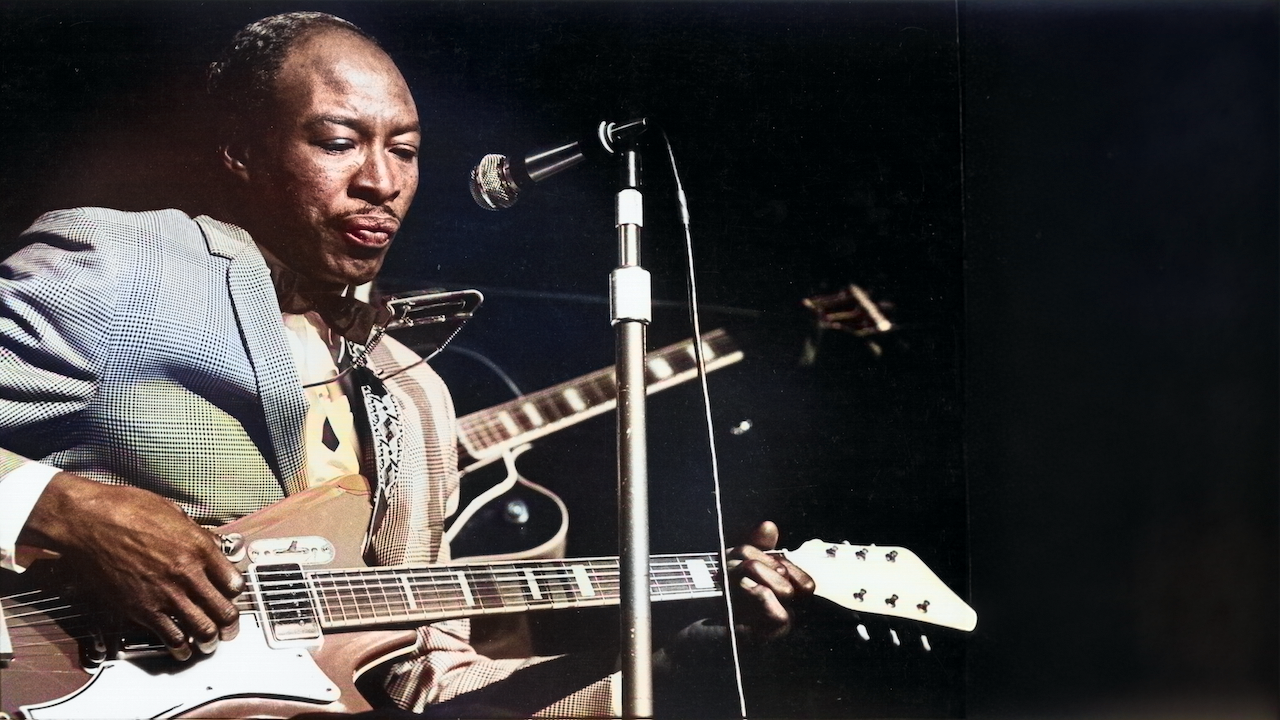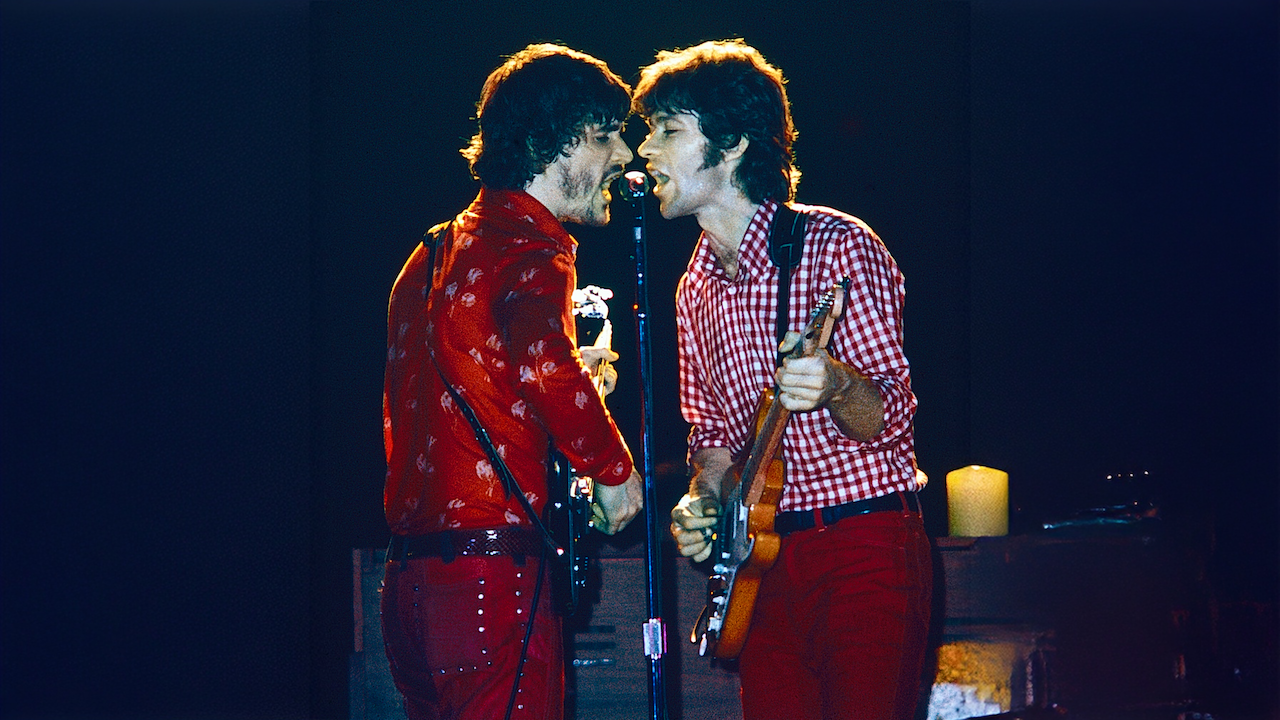“I realized I could just play an E note over and over and it worked on top of all the chords... It was a moment of pure joy”: How Amos Garrett and switching away from a Strat helped Glenn Tilbrook write Squeeze’s Pulling Mussels (From the Shell)

As pop-rock masterpieces go, it’s hard to top Squeeze’s Pulling Mussels (From the Shell). With its airtight hooks, wicked musicianship and highly literate lyrics, the first single from the band’s 1980 third album, Argybargy, played a key role in breaking Squeeze in the States, and over the years it’s become one of their most popular songs.
“Pulling Mussels definitely helped us throughout the U.S.,” says lead guitarist and singer Glenn Tilbrook. “What’s funny is, the song did okay on the charts. It wasn’t a huge hit, but it’s grown in stature over the years. That’s the story with a lot of our songs.”
Under the influence
Like Elton John and Bernie Taupin, the Squeeze songwriting team had a system: rhythm guitarist and singer Chris Difford wrote the lyrics, and Tilbrook set them to music.
“We rarely discussed lyrics,” Tilbrook says. “Chris would hand me what he had, and off I went. Fortunately for me, he made my job quite easy. The lyrics for Pulling Mussels were tremendously inspirational, so I started in a good place.”
Responding to Difford’s vivid vignettes about staying at a British budget holiday camp, Tilbrook strummed an acoustic guitar and came up with chords and melodies. “I was a fast writer back then, and this one came quickly,” he recalls. “Also, there was a little bit of weed involved, which explains why the tempo was much slower on my demo.”
Tilbrook adds that he was also under the spell of another, more unlikely influence.
“We’d spent the better part of ’79 opening for the Tubes, and their style rubbed off on me,” he says. “The end part of the chorus has an unusual turnaround, and that’s the culmination of hearing White Punks on Dope, which is quite grandiose. The Tubes didn’t play the sort of rock that we would do, but their approach sunk in subconsciously.”
With the tune sketched out, Tilbrook made a vocal demo on his Teac four-track, using keyboards, a Minimoog for bass, and a drum machine – but no guitar. “I figured I’d learn my parts later,” he says.
Pulling Mussels was one of 30 songs he gave the band for consideration. “I used to write twice as much as we needed because I wrote twice as much rubbish.”
A moment of pure joy
Squeeze didn’t rehearse the song before convening at London’s Sound Techniques studio. Says Tilbrook, “There was no need. We were very strong and had a real focus. Our style was to get in the studio and work things out, which we could do very efficiently.”
John told me how Amos Garrett would drop in solos and stitch them together phrase by phrase. A light bulb went on over my head
Glenn Tilbrook
Argybargy marked Squeeze’s second go-round with producer John Wood, known for his work with Pink Floyd, Fairport Convention, and Cat Stevens, among others.
“John was a wonderful guiding spirit who had a knack for suggesting things that you would think were your ideas,” Tilbrook says.
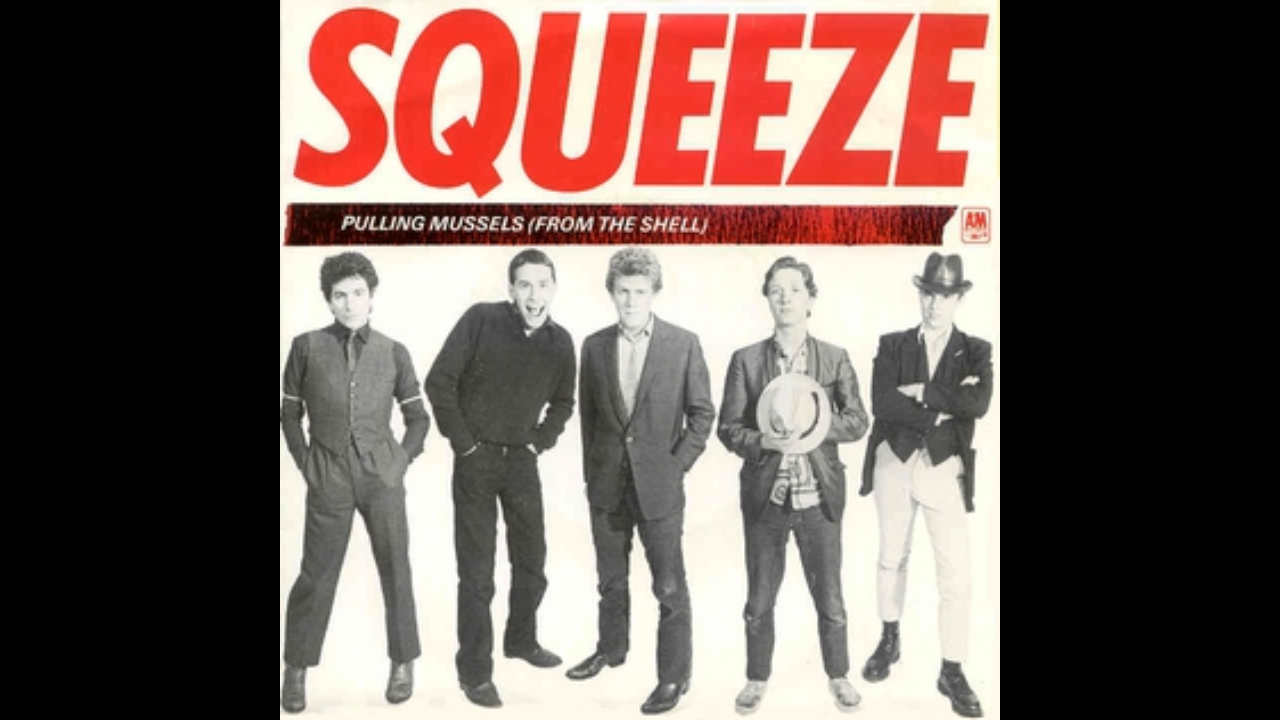
Wood’s stealthy manner paid off when it came time for Tilbrook to record a guitar solo for Pulling Mussels.
“I hadn’t planned anything, which was the opposite of what I usually did,” the guitarist says. “But John told me how Amos Garrett would drop in solos and stitch them together phrase by phrase. A light bulb went on over my head.”
With the basic track completed, Tilbrook borrowed a friend’s Gibson SG (“the first time I didn’t use a Strat”) and constructed the first half of the solo, punctuated with legato bends, but he was stuck for a second half. “Then I realized I could just play an E note over and over and it worked on top of all the chords,” he says. “I didn’t have to do anything complicated. It was a moment of pure joy.”
The Walkman test
Mixing sessions ran right up to the start of an Australian tour, leaving the band no time to assess what they’d done until they boarded their plane.
“We had just gotten our cassettes, and we sat down to listen on our brand-new Walkmans,” Tilbrook says. “It was such a relief – you sit there going, ‘Fucking hell, this is really good!’ When Pulling Mussels came up, I thought, ‘Yeah… this is pretty special.’”
The song quickly became a staple of Squeeze’s live shows. “Fans always loved hearing it,” Tilbrook says. “It does something special to audiences, which is wonderful. That works for us, as well.”
Get The Pick Newsletter
All the latest guitar news, interviews, lessons, reviews, deals and more, direct to your inbox!

Joe is a freelance journalist who has, over the past few decades, interviewed hundreds of guitarists for Guitar World, Guitar Player, MusicRadar and Classic Rock. He is also a former editor of Guitar World, contributing writer for Guitar Aficionado and VP of A&R for Island Records. He’s an enthusiastic guitarist, but he’s nowhere near the likes of the people he interviews. Surprisingly, his skills are more suited to the drums. If you need a drummer for your Beatles tribute band, look him up.
“How many weddings can you jam 'I’m Eighteen,' 'Enter Sandman' and 'Cowboys From Hell'?” Nita Strauss shreds with Alice Cooper at her wedding in newly released video
"They were going for shock value, like, ‘There’s this whole new world of guitar...’” Steve Stevens on introducing the guitar synthesizer to America and shaping sounds on Billy Idol’s new hit album, ‘Dream Into It’





